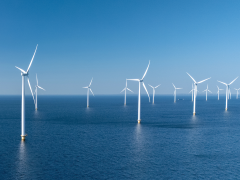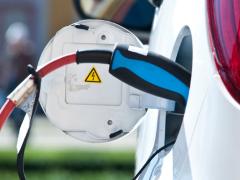Simulating the deep decarbonisation of residential heating for limiting global warming to 1.5 °C
Whole-economy scenarios for limiting global warming to 1.5 °C suggest that direct carbon emissions in the buildings sector should decrease to almost zero by 2050, but leave unanswered the question how this could be achieved by real-world policies. We simulate which policy measures could induce an almost complete decarbonisation of residential heating, the by far largest source of direct emissions in residential buildings. Under which assumptions is it possible, and how long would it take?
We use the non-equilibrium bottom-up model FTT:Heat to simulate policies for a transition towards low-carbon heating in a context of inertia and bounded rationality, focusing on the uptake of heating systems. Our results indicate that the near-zero decarbonisation is achievable by 2050, but requires substantial policy efforts.
We find that policy mixes are more effective for incentivising the uptake of fuel-efficient low-carbon technologies, compared to a residential carbon tax as the only policy. In combination with subsidies and procurement policies for renewables, near-complete decarbonisation could be achieved with a tax of 50–200 €/tCO2. Without being complimented by additional policies, carbon taxes show a decreasing marginal impact on total emission reductions, thus remaining insufficient for deep decarbonisation.
In all scenarios, the decarbonisation of heating would increase projected heating costs faced by households initially, but could lead to cost reductions in most world regions in the medium term. We show that the potential impacts of policies highly depend on behavioural decision-making by households, especially in a context of deep decarbonisation and rapid transformation.
Authors
Specifications
- Publication title
- Simulating the deep decarbonisation of residential heating for limiting global warming to 1.5 °C
- Publication date
- 5 July 2018
- Publication type
- Article
- Publication language
- English
- Magazine
- Energy Efficiency
- Issue
- February 2019, Volume 12, Issue 2, pp 521–550
- Product number
- 3343




